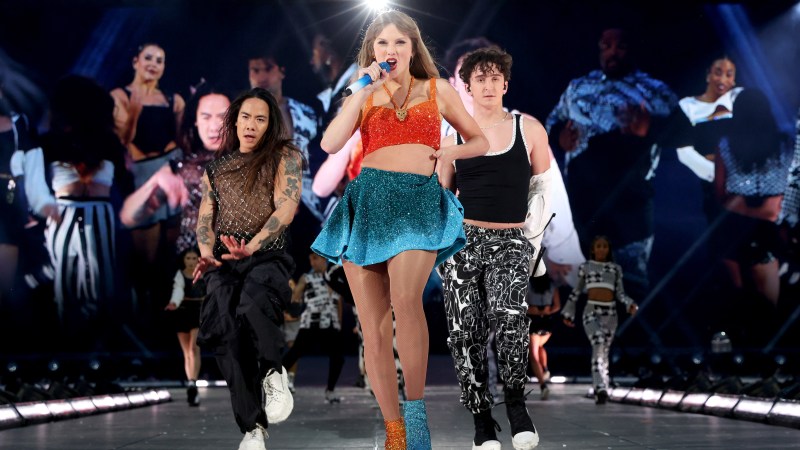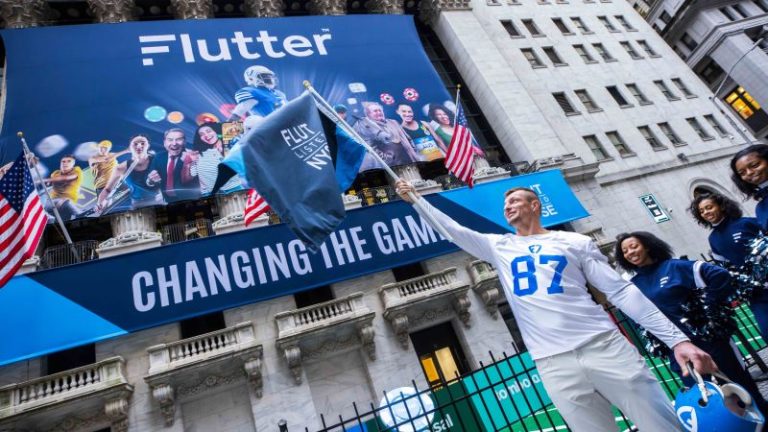UK entertainment sector set to be biggest in Europe worth £100bn
Thanks to Taylor Swift, Barbie and a crackdown by Netflix on password-sharing, the British entertainment market is expected to surpass £100 billion for the first time this year.
By 2028 Britain’s entertainment and media sector will generate £121 billion in revenue, making it the largest in Europe, according to a global entertainment and media outlook from PwC, the consultancy. That compares with £111 billion in Germany, which the UK is forecast to overtake next year, for the first time.
The growth in Britain is largely being driven by an increase in advertising spending, which is projected to rise from £32 billion this year to £44 billion in 2028, as well as by higher consumer spending on video streaming, social networking and gaming.
“Continued growth in consumer spend on online platforms such as for gaming and streaming, together with offline environments like cinema and live music, highlight that consumers continue to seek engaging content experiences,” Dan Bunyan, a partner at PwC, said.
The rise in video streaming revenue comes despite several leading streamers increasing their prices and including advertising-based subscriptions. Last year Netflix cracked down on password-sharing and introduced a cheaper, advert-filled tier, but its profits and subscriber numbers rose after the change. Other streaming companies, including Disney+ and Amazon Prime Video, have followed suit.
The inclusion of live sports on streaming platforms has contributed further to the increase in subscriptions. The UK’s internet-based streaming, also known as the over-the-top market, is now the third largest globally by revenue, behind only the United States and China.
“Despite the difficult macroeconomic environment, the market has continued to flourish,” Ben Bird, the entertainment and media sector leader at PwC UK, said. “Operators are leveraging their content rights and original productions to boost take-up, leaving consumers needing to subscribe to multiple services or to rotate platforms to access the content they desire, such as sports streaming, with English Premier League football spread across three different streaming platforms.”

Last month Netflix added eight million subscribers, driven by successful programmes such as Bridgerton and Baby Reindeer. The company reported a 17 per cent year-on-year revenue increase in the second quarter.
Swift’s 15-show UK leg of the Eras Tour boosted live music ticket sales this year after a slow recovery from the pandemic. By 2028 ticket sales revenue is expected to rise to £1.9 billion, up from £1.75 billion this year, and to account for 31 per cent of total music, radio and podcast revenue.
• What to watch now on Netflix, BBC iPlayer, Prime Video and beyond
In cinemas, blockbuster releases such as Barbie and Oppenheimer drove box-office revenue. Globally, the two films, nicknamed “Barbenheimer”, grossed a total of $2.4 billion. With upcoming releases such as another Avatar sequel, PwC has forecast that the market will surpass pre-Covid levels by 2027.
The global popularity of gaming continues to drive rising revenues, with Britain maintaining its winning streak in Europe. Total video games and esports revenue in the UK is forecast to grow from £7.4 billion this year to £8.4 billion in 2028.
Social and casual gaming generates more than half of the country’s total video games revenue and, with Nintendo likely to release the next generation of its Switch console next year, this is expected to continue.
In recent years gaming companies have shifted their focus to more collaborative and social gameplay to appeal to younger demographics. In February Disney and Epic Games announced a deal to work on an ecosystem that would integrate the video game Fortnite and the worlds of Pixar, Marvel and Star Wars.
Global video games revenue, which includes esports, reached $227.6 billion last year, up 3.6 per cent year-on-year. By 2028 gaming will account for 9 per cent of the entertainment and media industry, PwC said.
Across the eleven sectors of Britain’s entertainment and media market, only two are expected to decline by 2028 compared with this year’s figures: traditional television and the newspaper, consumer magazine and books sector.
• My second job is playing Wordle (and I make $2k a month)
“The UK entertainment and media industry has always been at the forefront of technological disruption,” Mary Shelton Rose, the UK technology, media and telecoms leader at PwC, said. “To capitalise on the many growth opportunities, it must leverage the power of new and emerging technologies, such as genAI, reshape its business and creative models and better leverage technology for advertising.
“Our E&M industry is one of the UK’s strongest growth sectors. To stay ahead, we must continue investing in talent and embracing digital transformation, which will support further revenue growth.”






